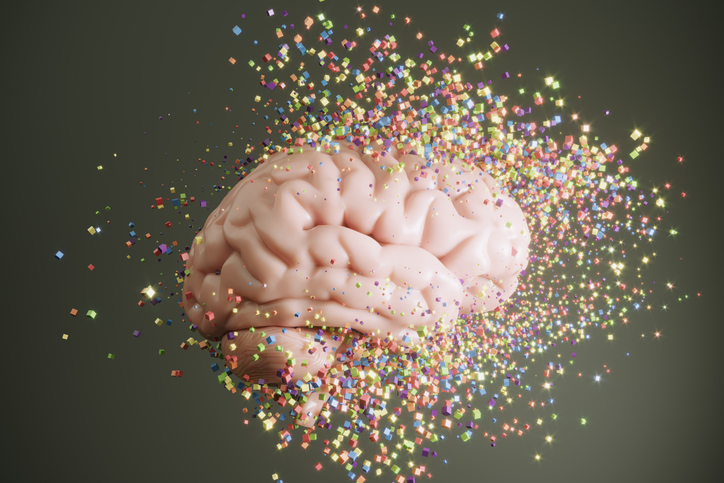
The use of cholinesterase inhibitors (ChEIs) improves psychotic symptoms in individuals with Alzheimer disease (AD) and Parkinson disease (PD), according to a study published in JAMA Neurology.
Psychotic symptoms have a negative impact on the disease burden experienced by individuals with neurodegenerative disorders and their caregivers. ChEIs, which are chemicals that bind to the enzyme cholinesterase and inhibit its ability to break down neurotransmitters, may serve as a viable mediator for psychotic symptoms related to those disorders. Previous studies have limited assessment of neuropsychiatric symptoms to secondary or overall outcomes, thereby making the effect of ChEIs on the symptoms unclear.
Researchers involved in this analysis sought to assess the efficacy of ChEIs for treating psychotic symptoms, specifically hallucinations and delusions, in patients with AD, PD, and dementia with Lewy bodies (DLB). They conducted a systematic search of the PubMed, Embase, and PsycInfo databases with no year restrictions. To meet inclusion criteria, studies were required to be placebo-controlled, randomized clinical trials in design and to include at least 1 donepezil, rivastigmine, or galantamine treatment arm for patients with AD, PD, or DLB. Also, the analyses must have applied at least 1 neuropsychiatric measure, including hallucinations and/or delusions (the primary end points). Overall, 34 randomized clinical trials comprising 6649 individuals were selected for analysis.
The results showed ChEI treatment reduced both delusions (−0.08; 95% CI, −0.14 to −0.03; P=.006) and hallucinations (−0.09; 95% CI, −0.14 to −0.04; P=.003) in the AD group, as well as delusions (−0.14; 95% CI, −0.26 to −0.01; P=.04) and hallucinations (−0.08, 95% CI −0.13 to −0.03; P=.01) in the PD group. “The results of this individual participant data meta-analysis suggest that ChEI treatment improves psychotic symptoms in patients with AD and PD with small effect sizes,” the researchers concluded.







 © 2025 Mashup Media, LLC, a Formedics Property. All Rights Reserved.
© 2025 Mashup Media, LLC, a Formedics Property. All Rights Reserved.